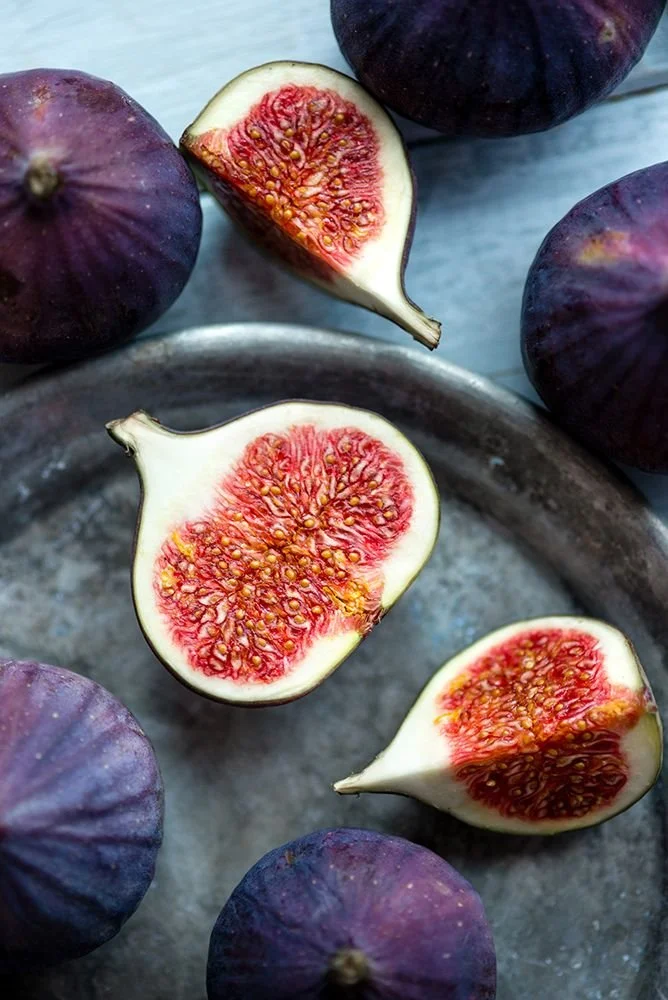Prebiotic Fibre. Fuel your Fire.
“All diseases start in the gut” Hippocrates.
Why we need prebiotics in our diet?
The Department of Gastroenterology at Monash university are researching the impact of a high fibre, high prebiotic diets on gut health to help further our understanding of the important relationship of our gut microbes and the greater diversity that is required for optimal health.
With increasing emphasis and supportive published research from the health community driving our way of thinking when it comes to which diet should we follow it is no surprise we are returning full circle to foundational foods and Grandma’s bone broth when it comes to supporting the body against illness and disease.
What are Prebiotics? Monash University defines prebiotics as a type of fibre (but note not all fibres are prebiotic). To be classified as a prebiotic, the fibre must pass through the GI tract undigested and stimulate the growth and/or activity of certain ‘good’ bacteria in the large intestine. Prebiotics include fructans and galacto-oligosachairdes (GOS).
What are the health benefits of prebiotics?
Prebiotic benefits include modulation of the gut microbiota, improved mineral absorption, possible protection against colon cancer, improved blood glucose and insulin profiles, protection against intestinal infections and alterations in the progress of some inflammatory conditions.
What are some good examples of foods high in Prebiotics?
Vegetables: jerusalem artichokes, chicory, garlic, onion, leek, shallots, spring onion, asparagus, beetroot, fennel bulb, green peas, snow peas, sweetcorn, savoy cabbage
Legumes: Chickpeas, lentils, red kidney beans, baked beans, soybeans
Fruit: custard apples, nectarines, white peaches, persimmon, tamarillo, watermelon, rambutan, grapefruit, pomegranate. Dried fruit (eg. dates, figs)
Bread/cereals / snacks: barley, rye bread, rye crackers, pasta, gnocchi, couscous, wheat bran, wheat bread, oats
Nuts and seeds: cashews, pistachio nuts
How much fibre should I eat each day?
The National Health and Medical Research Council recommends that women and men consume at least 25g and 30g of fibre per day, respectively.


